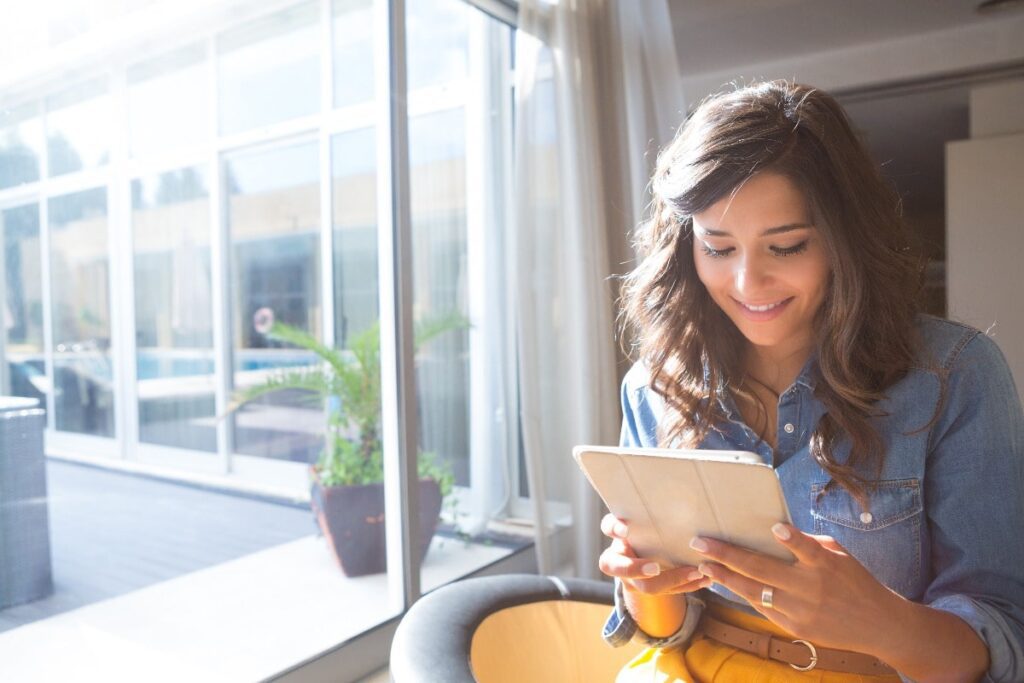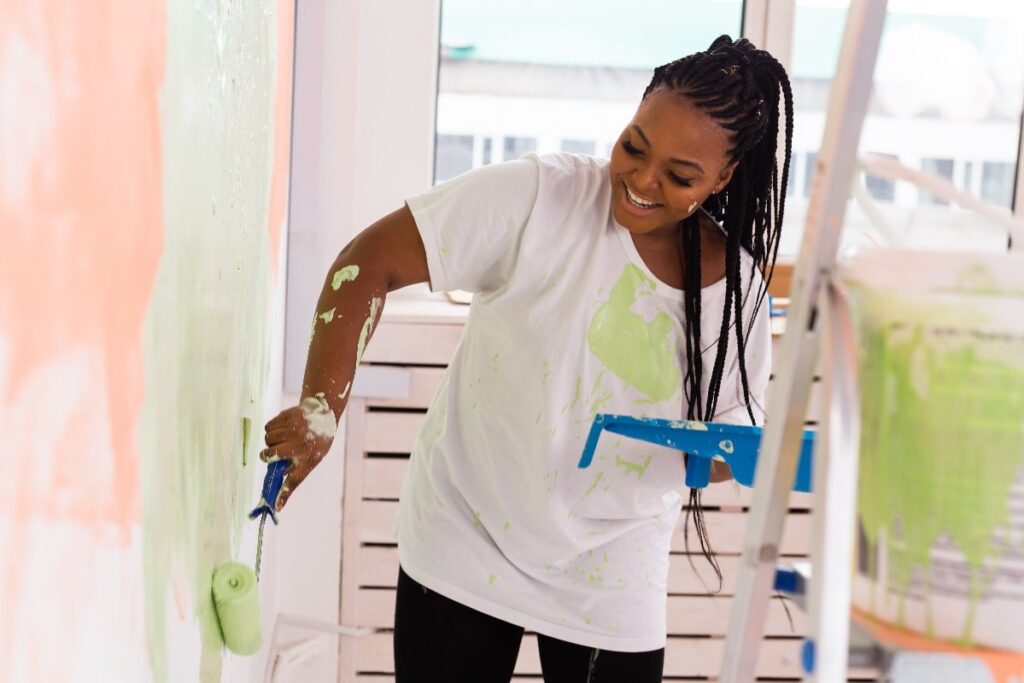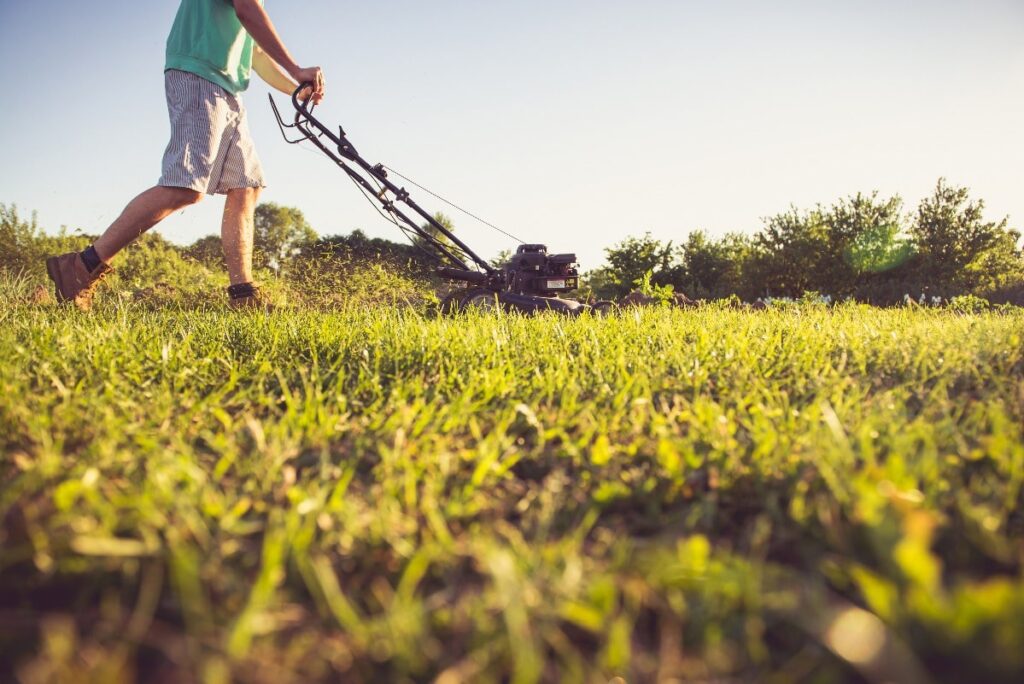10 Tips for Buying Your First Rental Property

If you’re thinking about buying a rental property, there are a number of things you need to know before taking the first step. First, ask yourself — why are you interested in getting into the rental property business? People enter into this field for many different reasons. Of course, at the top of that list is receiving another form of income, as real estate is a great area to invest in.
Rental properties also offer a high ROI or return on investment. You only have to utilize a small portion of your own finances to get the house, and then you can put your tenants' rent toward the mortgage and other property expenses. Over time, the value of the property will hopefully appreciate as well, which is one of the many reasons real estate is considered a high-performing asset.
You’ll also be able to increase your cash flow while also increasing your ROI. Owning a rental property is considered passive income. Passive income is money you earn that doesn’t require daily effort on your part. Buying a rental property can help you plan for the future, assist in growing your bank account and even prepare a retirement fund. Whether you’re buying a rental property to grow your investment portfolio or just earn some extra income, it will likely benefit you in many ways.
Before you purchase your first rental property, there are some important factors to consider. Figure out your answers to these 10 questions before making one of the biggest purchases of your life.
1. What does it take to be a successful landlord?
Buying a rental property and becoming a successful landlord requires more than just finding tenants to occupy the space. The first step is to do your research and learn about the market you're looking to buy in to ensure you charge a fair monthly price. If you try to overcharge, it may take a long time to find tenants.
Before you start to rent out the space, you must learn how to manage a property properly. Managing the property includes things such as checking up on safety measures, providing lawn maintenance, and being able to respond quickly if a tenant reports an issue.
Remember, being a landlord and owning a rental property is a business. Offer a quality product, take care of your property and help your tenants in a timely fashion if something goes wrong. If your tenants trust you, they will most likely continue to rent from you for a long time, or they will refer others to you when their time comes to move out.
Make sure you know the rules and regulations for being a rental property owner. You’ll have to learn about important landlord-tenant laws such as the Fair Housing Act, which prevents landlords from discriminating against potential tenants based on race, color, religion, gender, national origin, familial status or disability.
2. How do you buy your first rental property?
In order to buy your first rental property, you need to be hyperaware of your financial standing and what you can afford. If you can’t handle your current finances and expenses, it may not be the right time to add a large purchase like this to your portfolio. Although many people think buying a rental property will automatically add passive income into their bank accounts, it can take time and money to get a property into proper rental shape. This means you may need to invest a large sum of money before seeing a substantial return.
Once your finances are in order, you need to determine where exactly you want to buy. If it’s your first time buying a rental property, you’ll probably ask yourself, “Where do I even start?” To kick things off, do some research and find your ideal rental market. Before beginning your house hunt, you must learn which areas are desirable to potential renters. You cannot guarantee a property will be successful just because it’s expensive or in an expensive part of town. The location you choose to buy a rental property should be based on the type of renter you’re trying to attract. If you’re just looking to own a seasonal rental where families vacation for a week or two at a time, you’ll want to find a property that is near seasonal attractions such as a beach or a ski mountain. On the other hand, if you’re hoping to find year-round tenants that are making this their primary residence, then you may want to consider an area that is desirable but more affordable for people to rent in than to buy.
Lastly, it’s important to find your team. Your team will most likely be made up of current successful investors to learn from, a real estate agent to help you on your search, a lender that can determine what you can afford and a home inspector to review the safety of each property with you. Finding a group of people that you trust will help you feel more confident buying a rental property for the first time.
3. What credit score do you need when buying a rental property?

The lower your credit score, the more of a risk you pose to a potential lender. Because you’re planning to use this residence as an investment property, the qualifications to buy the home are most likely going to be different from what you may have experienced when buying a primary residence. The average minimum credit score needed for buying your first rental property is around 620. The more rental properties you have, the higher the credit score you will need to ensure to the lender you can still afford your loan payments each month.
4. How hard is it to get a mortgage for a rental property?
When it comes to getting a mortgage for a rental property, lenders tend to be more strict than if you were purchasing a primary residence. An investment property can be seen as a higher risk to a bank or lender because it’s easier for the property owner to step away from their rental property than their actual home. Due to this reasoning, requirements for a mortgage on a rental property will be stricter, and interest rates will most likely be higher.
That said, it isn’t impossible to get a mortgage on a rental property – you just need to be able to put more money down. You also need to think about the future — are you able to afford a second mortgage? Although typically the monthly rent may cover the mortgage, you also need to account for the possibility of a stretch of time where you don’t have a tenant occupying the space. In that case, you essentially would need to pay two mortgages out of pocket. These are all things a bank may consider when looking into your finances, and is often why they require you to have at least six months of cash reserves for said mortgage payments before approving you for a rental property loan.
5. Do you need to put 20% down to buy a rental property?

As previously mentioned, lenders do view rental properties as a higher risk when it comes to approving a loan. Because of that, buyers usually need to put down more money in order to get approved.
When applying for a loan for your primary home, you may be able to get a loan while putting down less than 20%. This is because buyers who put down less than 20% are able to get private mortgage insurance (PMI) which acts as an insurance policy for the lender. PMI allows for a lender to recoup some of their money if the lendee were to default on their loan.
Unfortunately, PMIs do not apply to investment properties; therefore, individuals purchasing a rental property generally need to put down at least 15%. However, there are many cases where 20% may be required. To be safe, you should account for a 20% down payment when determining what you can afford.
6. How much should you spend on your first rental property?
To determine how much you should spend on your first rental, there are a few different steps to take. The first is to get preapproved for a mortgage, which will determine how much you can afford and provide a number that you should be looking around or under for a property. Experts also say you should try to buy below market, anywhere from 10–20%. It’s a smart way to grow your net worth as it will provide you with an immediate ROI. The average ROI on an investment property is 15%. This means the rent minus the debt will be equal to a 15% return on investment. For example, if you’re putting down a $15k down payment, you should yield a minimum cash flow of $2,250 a year for it to be a worthwhile endeavor.
There's another method that is popular amongst the rental community called the “1% rule.” This is a common method used within the rental industry to determine how much you should spend on your first, or any, rental property. To start, estimate the monthly rental income minus your monthly expenses. Then, divide that number by the purchase price of the property. For example, if you do your research and determine in your desired neighborhood you could charge $1,700 a month in rent minus expenses of $300 a month, your net revenue would be $1,400. Then, divide your net revenue by the purchase price you’ve been approved for, say $140,000. After doing the math, you’ll get a result of .01, or 1%. The higher that number, the better off you will be. Also, keep in mind that the rent should be at least 1% of the purchase price. If you don’t think you would feel comfortable charging that much for the area you’re looking in, it may not be the right fit.
7. How much work should you put in on your rental home before finding tenants?

The answer to this question will rely on the property you purchased. When buying a rental property, you may be lucky enough to find a property that is move-in ready, meaning all you have left to do is find tenants. It may be that the inspection has determined some changes need to be made, or maybe you’ve already started to consider renovating your rental property to make upgrades that will make it more appealing to tenants and potentially allow you to charge a higher rent. As your first rental property, you may not have the means to fund a major renovation. If this is true for you, keep up with the basics, which may include items such as:
- Repair any issues such as holes, leaks, pests and odors
- Make sure all appliances are in working condition
- Check all electricity, heating and plumbing to ensure systems are working properly
- Make sure that all doors and windows have working locks
- Apply a fresh coat of paint for an easy facelift
- Check all floors to make sure they are clean and not in need of repairs
- Clean the entire space properly. This includes appliances, cupboards, storage areas and hard-to-reach places
If you’re not planning to do any major renovations and you’ve finished all of the tasks on the above list, your property is probably ready to hit the market.
8. How do you price a rental property?
To determine the best price for your rental unit, consider where it’s located. Knowing the average income of those who live in your neighborhood will help you to determine what they may be willing to pay per month. You should also look at the market comps in your area to see what similar properties are charging to determine a general starting point. A one-bedroom in San Francisco can be double the price of a one-bedroom in Charlotte. Also, don’t forget to consider what your monthly mortgage payment will be. If the rent isn’t going to cover your monthly payment, then it was either a bad investment or you aren’t charging enough. Don’t forget to determine what kind of renter you’re looking for. Are you looking for a long-term renter, or are you willing to consider a month-to-month lease agreement? Asking yourself these questions will help you to determine the best price for your rental.
9. How can you save money on your rental property?

There are a few different approaches you can take to save money throughout this process. When first looking into buying a rental property, consider how much work needs to be done and if it’s something you feel comfortable taking on as a DIY project. If the upgrades are minimal, you may be able to do them yourself and save thousands of dollars in the process. On top of renovations, consider performing regular maintenance and upkeep on your rental property yourself vs. hiring help. Taking time each week to mow the lawn, check on the landscaping or plow the driveway can save you a substantial amount of money. In fact, if you mow your own lawn, you may be able to save as much as $1,200 a year. You should also consider managing the property yourself. Although some rental owners choose to hire a property manager, that fee will also add a big number to your monthly costs. If the property is small enough, you can most likely manage it on your own.
10. Are rental properties a good investment?
Buying a rental property can be a good investment if you take all the right steps prior to finalizing this big purchase. Make sure you buy property in a good location, as this will have the biggest impact on determining if it is a good investment or not. Although it may require some cost up front, creating a passive income for yourself will be incredibly beneficial the longer you own the property. If you buy in a desirable area, when it does come time to sell, you can hopefully make a good profit and can sell quickly, as people are always trying to get into the rental business. Not to mention, people always need a place to live!
Remember, when buying a rental property, the real estate market will have highs and lows, but real estate isn’t a trendy investment to get into that may fade someday — it’s an investment that will last. As the cost of living gets more expensive, increasing monthly bills and loan payments make it harder to qualify for a mortgage, which means renters will need quality places like yours to consider.

